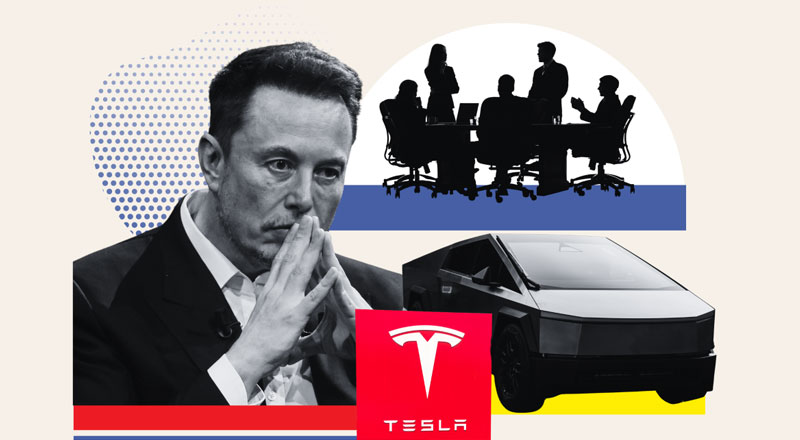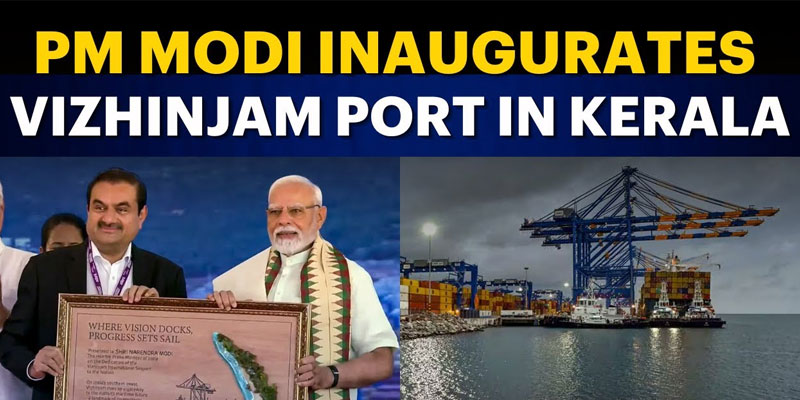Trade Tensions and New Tech Horizons
The global trade landscape has been anything but stable in recent years, largely shaped by US President Donald Trump’s aggressive tariff war with China. While the aim was to protect American manufacturing, the unintended consequence was the redirection of global supply chains, opening new avenues for nations like India. Amid this backdrop, a new tech and trade synergy is brewing between India and the US, exemplified by the recent high-profile engagement between Prime Minister Narendra Modi and Tesla CEO Elon Musk.
On Friday, PM Modi held a telephonic conversation with Musk, furthering the dialogue initiated during their Washington DC meeting earlier this year. The discussion, shared publicly on X (formerly Twitter), revolved around deepening bilateral collaboration in technology, innovation, and electric mobility—areas where India stands to gain significantly.
India-Tesla Talks: A Growing Strategic Synergy
The conversation comes at a critical time, as Tesla is reportedly preparing for a phased entry into the Indian electric vehicle (EV) market. Sources suggest that the company plans to ship a few thousand EVs to a port near Mumbai and initiate sales in Delhi, Mumbai, and Bangalore by Q3 2025. These initial shipments are likely to test the waters before Tesla commits to a deeper manufacturing presence.
This aligns with India’s new EV import policy, which offers reduced import tariffs of 15% on up to 8,000 EVs annually, effectively designed to attract global EV giants like Tesla. The Modi-Musk interaction highlights how diplomatic engagement is now closely tied to economic and technological strategy—particularly in sectors aligned with clean energy and advanced manufacturing.
Musk’s India Playbook: Innovation, Space, and Policy Diplomacy
Elon Musk’s interests in India span well beyond automobiles. From SpaceX’s Starlink satellite services to social media platform X, India represents a vast, untapped frontier for Musk’s business ecosystem. The billionaire entrepreneur has publicly voiced support for India-US technological partnership, even hosting Indian business leaders at his Starbase facility in Texas, days before Trump’s 2025 inauguration.
Musk, despite his alignment with Trump on some fronts, has often clashed with the administration’s tariff-first approach—especially when it threatened global innovation. His support for H1B visas, from which India is the largest beneficiary, has made him a contentious figure within the MAGA-aligned inner circle, notably engaging in public disagreements with Trump’s advisor Peter Navarro.
India’s EV Sector: Opportunity and Challenge
India’s electric vehicle industry, though small in scale, is gaining momentum. Tesla’s entry could energize the domestic EV ecosystem, driving competition, innovation, and infrastructure development. It may also push local automakers to accelerate battery tech, improve quality, and reduce costs—especially as Tesla is expected to bring in advanced manufacturing practices.
Furthermore, if Tesla follows through on its $2 billion manufacturing facility proposal, it could be a game-changer for job creation, skill development, and technology transfer in India. States like Maharashtra, Tamil Nadu, and Gujarat are already competing to attract Tesla’s investments, showcasing India’s increasing clout in the global mobility value chain.
Accelerating Into the Future
Tesla’s anticipated debut in India represents more than just a new car brand entering a new market. It symbolizes a geoeconomic shift, where India becomes a key player in global tech, trade, and sustainability narratives. The renewed Modi-Musk dialogue underlines the strategic importance of India-US collaboration, especially as both nations seek to counterbalance China’s manufacturing dominance.
As Tesla navigates Indian regulations, consumer preferences, and infrastructure hurdles, its success—or struggles—could redefine how India is viewed as an investment destination for high-tech innovation.
For India, the path forward should include:
- Continued policy support for EV infrastructure and supply chains
- Ease of doing business reforms
- Incentives for R&D and local component sourcing
- Bilateral cooperation on clean energy and space exploration
In the global race for clean tech leadership, Tesla’s wheels turning on Indian soil might just be the spark that ignites a larger industrial revolution in South Asia.
(With inputs from agencies)





